This medicine has been prescribed for you for the relief of moderate to severe pain. It contains oxycodone which belongs to a class of medicines called opioids, which are ‘pain relievers’. This medicine has been prescribed for you and should not be given to anyone else. Opioids can cause addiction and you may get withdrawal symptoms if you stop taking it suddenly. Your prescriber should have explained how long you will be taking it for and when it is appropriate to stop, how to do this safely.
What you need to know before you take OxyNorm capsules
Do not take OxyNorm capsules if you:
- are allergic (hypersensitive) to oxycodone, or any of the other ingredients of the capsules (listed in section 6 of this leaflet);
- have breathing problems, such as severe chronic obstructive lung disease, severe bronchial asthma or severe respiratory depression. Your doctor will have told you if you have any of these conditions. Symptoms may include breathlessness, coughing or breathing more slowly or weakly than expected;
- have a condition where the small bowel does not work properly (paralytic ileus), your stomach empties more slowly than it should (delayed gastric emptying) or you have severe pain in your abdomen;
- have a heart problem after long-term lung disease (cor pulmonale);
- have increased carbon dioxide levels in the blood. Symptoms may include dizziness, drowsiness, fatigue, shortness of breath and headache;
- have moderate to severe liver problems. If you have other long-term liver problems you should only take these capsules if recommended by your doctor;
- have ongoing problems with constipation;
- are under 18 years of age.
Warnings and precautions
Talk to your doctor or pharmacist before taking these capsules if you:
- or anyone in your family are or have ever been addicted to opioids, alcohol, prescription medicines or illegal drugs;
- are a smoker
- have ever had problems with your mood (depression, anxiety or a personality disorder) or have been treated by a psychiatrist for other mental illnesses);
- have previously suffered from withdrawal symptoms such as agitation, anxiety, shaking or sweating, when you have stopped taking alcohol or drugs;
- feel you need to take more capsules to get the same level of pain relief, this may mean you are becoming tolerant to the effects of this medicine or are becoming addicted to it. Speak to your prescriber who will discuss your treatment and may change your dose or switch you to an alternative pain reliever;
- are elderly or weakened;
- have an under-active thyroid gland (hypothyroidism), as you may need a lower dose;
- have myxoedema (a thyroid disorder associated with dryness, coldness and swelling or puffiness of the skin affecting the face and limbs);
- know you are suffering from a brain injury or tumour, or you have a head injury, severe headache or feel sick, as this may indicate that the pressure in your skull is increased;
- have low blood pressure (hypotension);
- have low blood volume (hypovolaemia). This can occur due to severe external or internal bleeding, severe burns, excessive sweating, severe diarrhoea or vomiting;
- feel very lightheaded or faint;
- have a mental disorder following use of certain medicines (toxic psychosis);
- have inflammation of the pancreas (which causes severe pain in the abdomen and back);
- have problems with your gall bladder or bile duct;
- have inflammatory bowel disease;
- have an enlarged prostate gland, which causes difficulty in passing urine (in men);
- have poor adrenal gland function (your adrenal gland is not working properly which may cause symptoms including weakness, weight loss, dizziness, feeling or being sick), for example due to Addison’s disease;
- have severely impaired lung function. Symptoms may include breathlessness and coughing;
- have long term pain unrelated to cancer;
- have a condition where your breathing stops for short periods whilst you are asleep, known as sleep apnoea;
- have kidney or liver problems.
Taking this medicine regularly, particularly for a long time, can lead to addiction and may result in life threatening overdose. If you have concerns that you may become dependent on OxyNorm capsules, it is important that you consult your doctor. Your doctor should have explained how long you will be using it for and when it is appropriate to stop, how to do this safely.
Rarely, increasing the dose of this medicine can make you more sensitive to pain. If this happens, you need to speak to your doctor about your treatment.
Addiction can cause withdrawal symptoms when you stop taking this medicine. Withdrawal symptoms can include restlessness, difficulty sleeping, irritability, agitation, anxiety, feeling your heartbeat (palpitations), increased blood pressure, feeling or being sick, diarrhoea, loss of appetite, shaking, shivering or sweating. Your doctor will discuss with you how to gradually reduce your dose before stopping the medicine. It is important that you do not stop taking the medicine suddenly as you will be more likely to experience withdrawal symptoms.
Opioids should only be used by those they are prescribed for. Do not give your medicine to anyone else. Taking higher doses or more frequent doses of opioid may increase the risk of addiction. Overuse and misuse can lead to overdose and/or death.
Do not inject OxyNorm capsules. This can cause serious side effects including tissue death at the site of injection, infection, inflammation of the lungs and damage to the heart which may be fatal.
Sleep-related breathing disorders
OxyNorm capsules can cause sleep-related breathing disorders such as sleep apnoea (breathing pauses during sleep) and sleep related hypoxemia (low oxygen level in the blood). The symptoms can include breathing pauses during sleep, night awakening due to shortness of breath, difficulties to maintain sleep or excessive drowsiness during the day. If you or another person observe these symptoms, contact your doctor. A dose reduction may be considered by your doctor.
If you are going to have an operation, or have just had an operation, please tell the doctor at the hospital that you are taking these capsules. Your doctor may adjust your dose.
You may experience hormonal changes while taking these capsules. Your doctor may want to monitor these changes.
Other medicines and OxyNorm capsules
Taking OxyNorm capsules at the same time as other medicines that slow down the central nervous system can cause slow or difficulty breathing (respiratory depression), severe sleepiness, loss of consciousness and death. These medicines include:
- other medicines used to treat pain known as opioids (such as codeine or morphine);
- medicines used to treat epilepsy (gabapentinoids) such as pregabalin;
- medicines used to treat anxiety;
- medicines used to make you feel sleepy (such as benzodiazepines);
- medicines used to treat psychiatric or mental disorders (such as phenothiazines);
- anaesthetics;
- muscle relaxants;
- medicines used to treat high blood pressure;
- a type of medicine used to treat depression known as monoamine oxidase inhibitors (MAOIs), such as tranylcypromine, phenelzine and isocarboxazid. You should not take OxyNorm capsules if you are currently taking this type of medicine, or have taken this medicine in the last two weeks.
Because of this, your doctor will only prescribe OxyNorm capsules where there are no other treatment options, and only in small doses for short periods of time. If you or your friends, family or caregivers notice that you are having difficulty breathing or that you have become very sleepy or lost consciousness you (or they) should inform your doctor immediately.
Taking OxyNorm capsules with medicines used to treat depression known as Selective Serotonin Re-uptake Inhibitors (SSRIs) or Serotonin Norepinephrine Re-uptake Inhibitors (SNRIs) can cause a condition known as serotonin toxicity. The symptoms of this include agitation, seeing or hearing things that aren’t real (hallucinations), loss of consciousness, a fast heartbeat, blood pressure changes, increased body temperature, muscle twitching, lack of coordination, stiffness, feeling or being sick, or diarrhoea. If you are taking SSRI or SNRI medicines such as citalopram, duloxetine, escitalopram, fluoxetine, fluvoxamine, paroxetine, sertraline or venlafaxine your doctor may reduce your dose of OxyNorm capsules.
Please tell your doctor or pharmacist if you are taking, have recently taken or might take any other medicines, including medicines obtained without a prescription.
Tell your doctor or pharmacist if you are taking any of the following medicines, as they may need to adjust your dose:
- a type of medicine used to treat depression known as tricyclic antidepressants, such as amitriptyline, clomipramine, imipramine, lofepramine or nortriptyline;
- medicines used to treat allergies, such as cetirizine, fexofenadine or chlorphenamine;
- medicines used to treat Parkinson’s disease;
- antibiotics such as clarithromycin, erythromycin or telithromycin;
- antifungal medicines such as ketoconazole, voriconazole, itraconazole and posaconazole;
- medicines used to treat HIV known as protease inhibitors, such as boceprevir, ritonavir, indinavir, nelfinavir or saquinavir;
- cimetidine, a medicine used to treat stomach ulcers;
- rifampicin, a medicine used to treat tuberculosis;
- medicines used to treat seizures, fits or convulsions such as carbamazepine and phenytoin;
- a herbal remedy used to treat depression known as St. John’s Wort (also known as Hypericum perforatum);
- quinidine, a medicine used to treat an irregular heartbeat.
Drinking alcohol during your treatment with these capsules may make you sleepy or increase the risk of serious side effects such as shallow breathing with a risk of stopping breathing, and loss of consciousness. It is recommended that you do not drink alcohol while you are taking OxyNorm capsules.
You should avoid drinking grapefruit juice during your treatment with this medicine.
Pregnancy and breastfeeding
Ask your doctor or pharmacist for advice before taking any medicine.
Pregnancy
Do not take OxyNorm capsules if you are pregnant or think you might be pregnant unless you have discussed this with your doctor and the benefits of treatment are considered to outweigh the potential harm to the baby. If you take OxyNorm capsules during pregnancy your baby may become dependent and experience withdrawal symptoms after the birth which may need to be treated.
Breast-feeding
Do not take OxyNorm capsules while you are breastfeeding as oxycodone passes into breast milk and will affect your baby.
Driving and using machines
These capsules may cause a number of side effects such as drowsiness or dizziness which may affect your ability to drive or use machinery (see section 4 ‘Possible side effects’ for a full list of side effects). These are usually most noticeable when you first start taking the capsules, or when changing to a higher dose.
- Do not drive while taking this medicine until you know how it affects you.
- It is an offence to drive if this medicine affects your ability to drive.
- However you would not be committing an offence if:
- The medicine has been prescribed to treat a medical or dental problem and;
- You have taken it according to the instructions given by the prescriber or in the information provided with the medicine and;
- It was not affecting your ability to drive safely.
Talk to your doctor or pharmacist if you are not sure whether it is safe for you to drive while taking this medicine.
How to store OxyNorm capsules
Keep this medicine out of the sight and reach of children. Accidental overdose by a child is dangerous and may be fatal.
Do not use any capsules after the expiry date which is stated on the blister and carton after EXP. The expiry date refers to the last day of that month.
Do not store your capsules above 30 °C.
Do not throw away any medicines via wastewater or household waste. Ask your pharmacist how to throw away medicines you no longer use. These measures will help to protect the environment.
Be the first to review “OxyNorm” Cancel reply
Related products
Pain Relievers
Pain Relievers
Pain Relievers
Pain Relievers
Pain Relievers
Pain Relievers
Pain Relievers
Pain Relievers

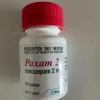

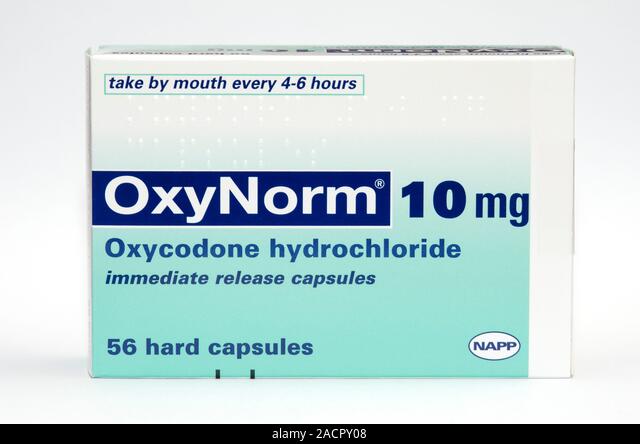
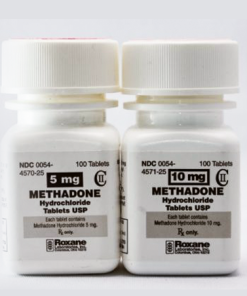
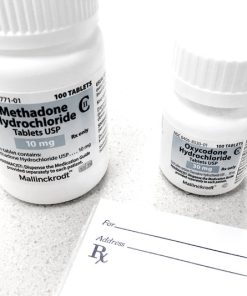
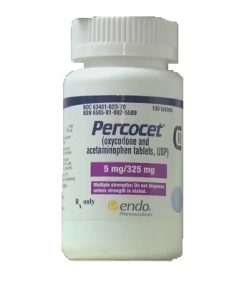
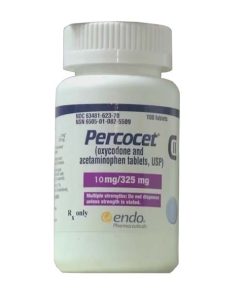
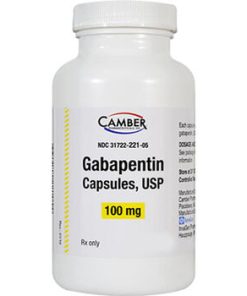
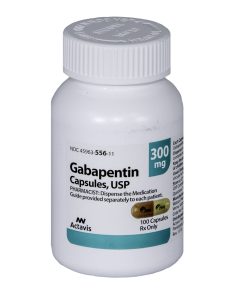

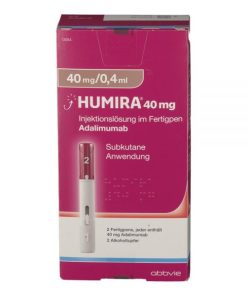

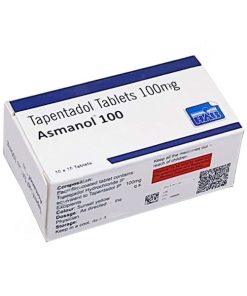


Reviews
There are no reviews yet.